Paul Joslyn has been the Executive Director of AccessCNY since 2016 and prior to that was the COOof Unity House in Auburn. AccessCNY’s team includes over 1,400 staff that serve over 2,400 people with a developmental disability or mental health diagnosis. Ellen Gutmaker joined Arc of Onondaga in 1999 and has served as executive director since 2013. Arc of Onondaga serves over 800 people with disabilities with a staff of over 500.
For over a decade now, the sector that cares for individuals with intellectual and developmental disabilities (I/DD) has been contending with a crippling and seemingly insurmountable crisis. Due to decades of underfunding by New York state, the essential backbone of our care services workforce, direct support professionals (DSPs), who provide life-supporting services to over 130,000 individuals with I/DD, has been rapidly shrinking for years, putting the lives of those they care for at risk.
New York needs to repair its care services infrastructure after years of neglecting it. In order to do so, the inclusion of an 8.5% Human Services Cost-Of-Living-Adjustment (COLA), and making it automatic year after year, in the final enacted state budget is vital. The COLA is a key piece of annual funding that nonprofit care services organizations like ours needs to offset increased costs — so that we can give our DSPs the living wages they deserve.
Direct support professionals, the majority of whom are women and people of color, provide personal, hands-on care for our most vulnerable neighbors, friends and loved ones every day. While it may be easy for many to dismiss the simple tasks of lifting and moving individuals, preparing meals, and administering medication, among others, these are critical services that DSPs provide so that individuals with I/DD can live fulfilling and healthy lives.
As executive directors of AccessCNY and the Arc of Onondaga, two not-for-profit service organizations for the I/DD community, we sadly see firsthand how our sector has been fighting an uphill battle to keep wages for our DSPs competitive and in pace with the growing job market. In Central New York alone, we are experiencing an overall staff vacancy rate of 15%, which is simply unsustainable.
This workforce crisis is occurring in part because provider agencies can no longer offer sustainable living wages. More than 90% of the funding to pay DSP salaries comes from New York state. Yet, New York has routinely failed this essential workforce by not providing the critical funding needed to ensure DSPs receive the wages they deserve to sustain their lives.
A recent survey from New York Disability Advocates found the average wage for DSPs at non-profit provider agencies in Central New York is $15.84. That wage is unsustainable for many direct service providers who have to support a family. Low wages, coupled with the stress and difficulties of this job, and it is no surprise workers choose easier fast-food and retail positions, where companies can offer them many more incentives. Due to the lack of funding, direct service organizations like ours continue to have difficulty in recruiting and retaining our essential staff.
Last year, we got our first glimmer of hope in over a decade, as Gov. Kathy Hochul and the New York Legislature included a 5.4% Human Services Cost-Of-Living-Adjustment in the final FY23 state budget. It was the first time in 10 years that our sector has seen any type of funding increase from the state, which helped us start to fight this workforce crisis.
However, this issue cannot be solved by slapping on a Band-Aid. Smart and effective funding over the coming years is necessary as the I/DD community works to undo the neglect we have experienced and fights to build a sustainable care infrastructure. The momentum that started last year must continue with the inclusion of the full 8.5% COLA, and an automatic increase in each year’s final budget to ensure that recovery can continue.
The COLA is an essential source for the nonprofit sector as it offsets increased costs and ensures that direct service organizations have the resources necessary to continue supporting the lives of thousands of New Yorkers with I/DD.
The inclusion of the COLA in each state budget is critical because, without it, organizations like ours will be forced to reduce life-supporting services. Wages and benefits will stagnate — undoing any progress we have made over the years.
The I/DD community needs both stabilization funding to address the immediate crisis and a long-term plan to keep this crisis from occurring again. Passionate advocates, such as state Sen. John Mannion, have helped raise awareness of this crisis and provided realistic solutions. However, there must be a holistic effort from New York state to ensure that its essential workers, and those that they care for, are given the attention they need to live their most fulfilling lives.
